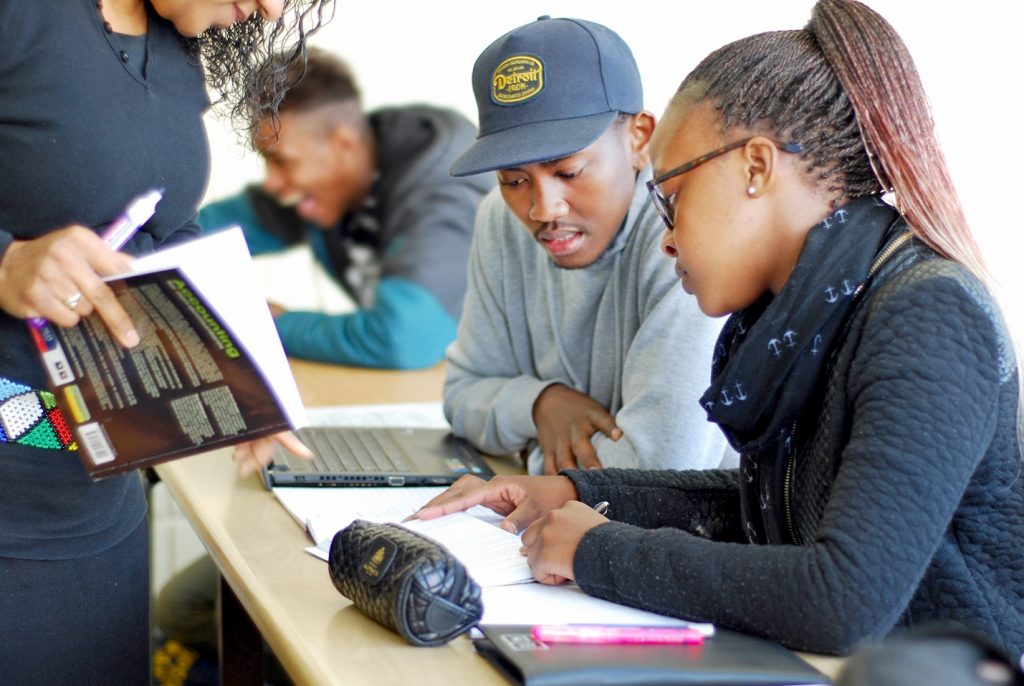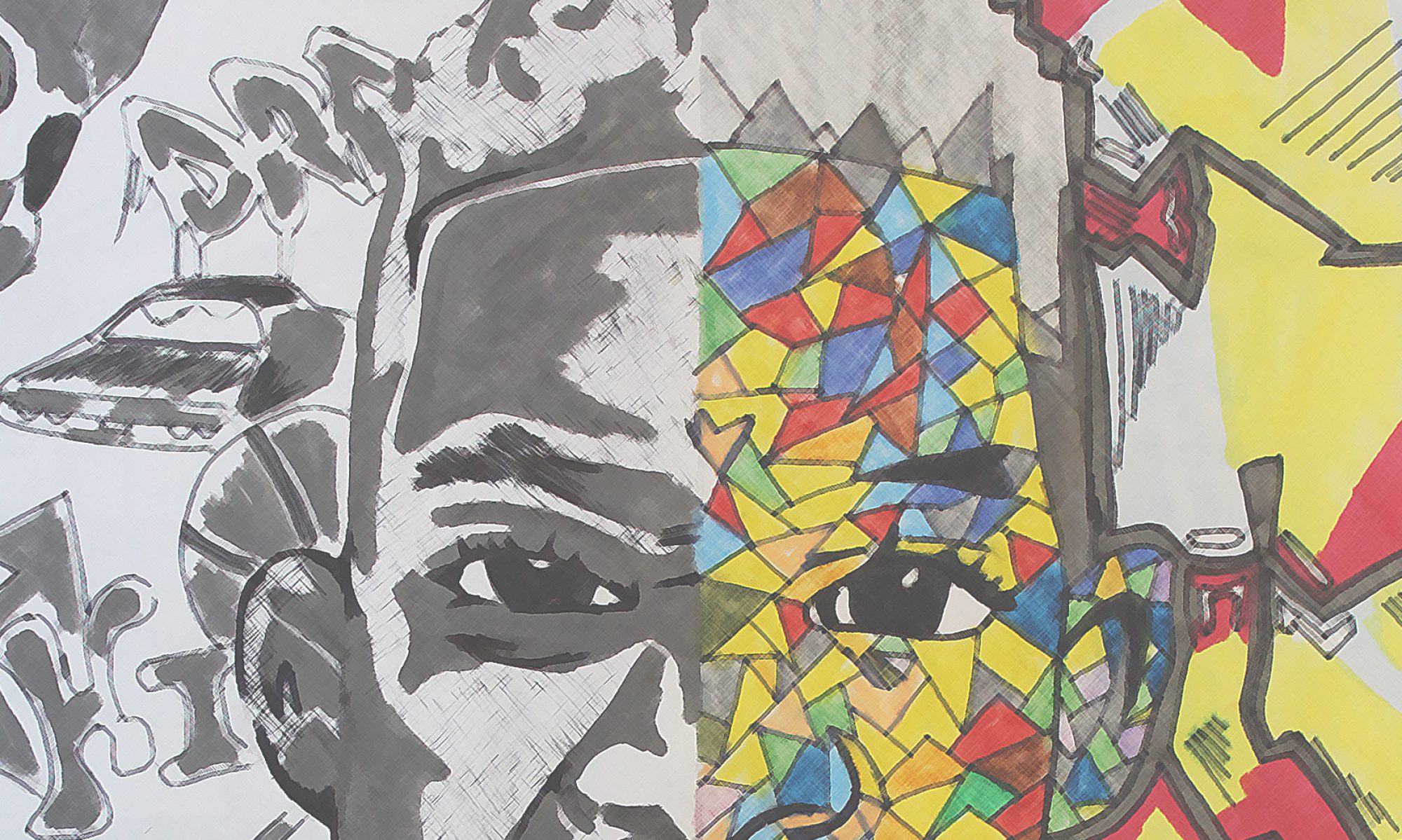The contemporary university is becoming an increasingly challenging teaching and learning environment as, especially, undergraduate lecturers grapple to respond appropriately and effectively to the diverse academic needs of their students. Many novice and even more seasoned lecturers working with undergraduate students are disciplinary specialist and do not always have specific professional training as higher education teachers. Yet these lecturers are keen to learn more about how to approach their classroom environments and explore different ways to respond to the learning demands of their specific courses and their students. Teaching in extended programmes in South Africa, is an edited collection, that attempts to offer a window into the daily teaching realities of university lecturers working in the extended curriculum and first year domains at local universities.

Presented as short case studies, each chapter offers critical reflections on how ordinary lecturers are trying to make sense of and improve their teaching practices. The case studies, which take a strong practitioner-focus, offer personal accounts, often written as descriptive narratives of the kinds of teaching challenges and problems which these extended curriculum lecturers are grappling with.
The collection brings together extended curriculum lecturers working at five universities and a range of faculty and disciplinary environments – it therefore provides an opportunity for practice sharing across institutional boundaries and creates access to the contextual realities of other institutional environments. All the case studies offer salient commentary on the significance of the teaching context on what possibilities are available to the lecturer with respect to their teaching practices and the construction of their identities as teachers.
A key assertion made by the collection is that the lecturers through their critical reflections on their teaching practice, have a valuable contribution to offer to ongoing scholarly debates seeking to enhance our overall understanding of teaching and learning in the university. The authors of the chapters draw on various theoretical and methodological tools to offer analytical and reflective insights that highlight their attempts to respond to the challenges and complexities of their teaching contexts. This approach of drawing on reflective inquiry and a range of conceptual frameworks, places attention on the value and importance of theoretical variance which allows lecturers to use frameworks and approaches that more closely match their own teaching philosophies and can be adapted and tailored to the situational realities of their classrooms.
